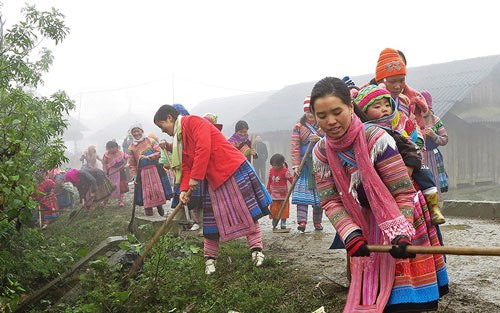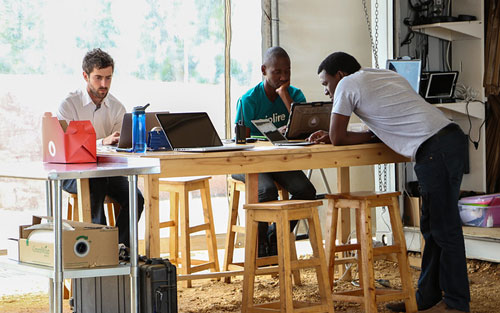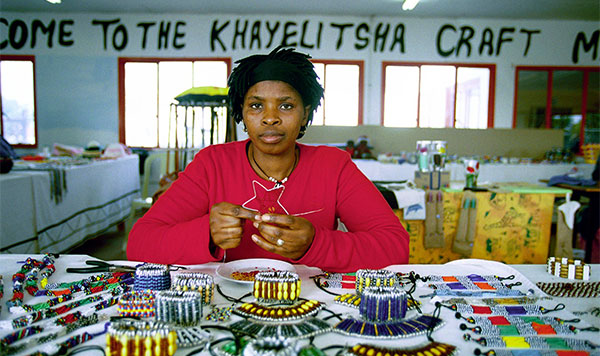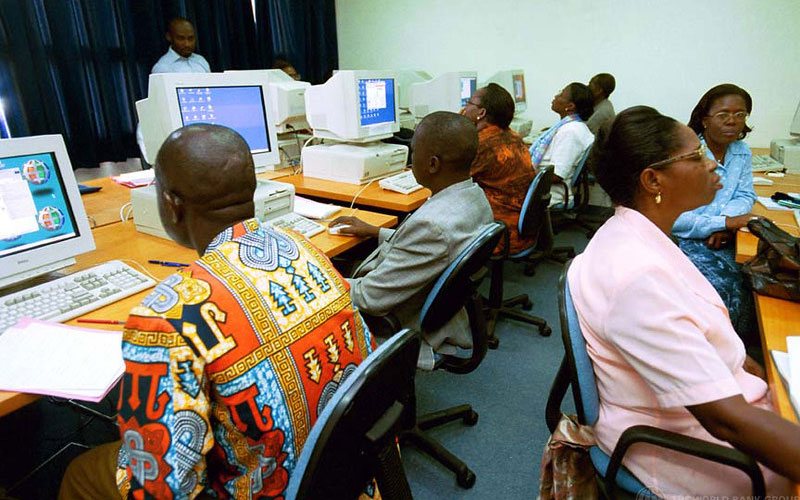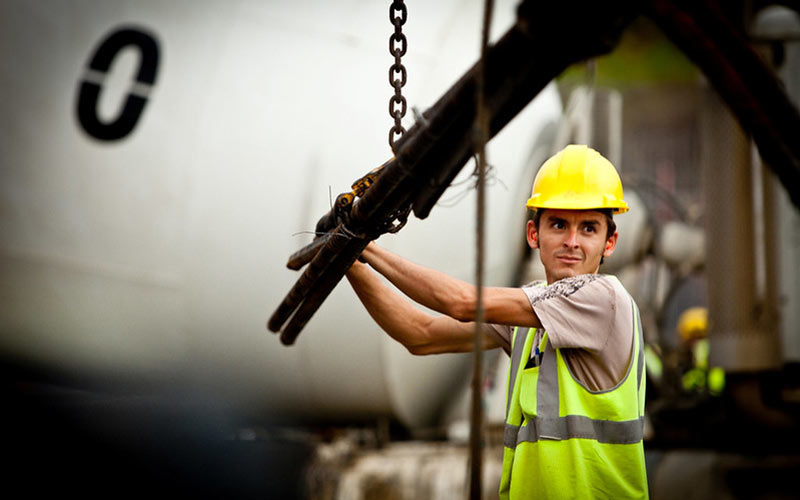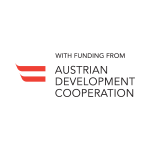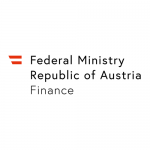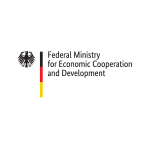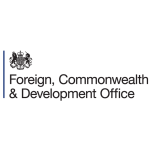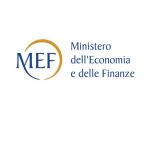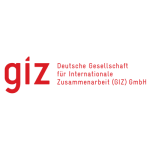Context
May, 2023
The Jobs MDTF has brought together all the WBG trust-funded activities on the jobs agenda under a single umbrella. Its high-level objectives are (a) to support WBG client countries in designing high impact jobs strategies, and (b) to advance global knowledge on effective jobs policies, especially for vulnerable groups.
Phase 1 grants were awarded on a competitive basis and were linked to specific jobs outcomes such as improving jobs policies and programs, mainstreaming the private sector in the jobs agenda, and improving stakeholder capacity, details of which can be found in the recent Jobs MDTF Annual Reports (2019 and 2020).
Under Phase 1, the MDTF supported WBG teams, other development agencies, and private sector actors to find solutions to the global jobs crisis by harnessing the potential of the private sector to create better, more inclusive jobs.
The Jobs MDTF has moved into Phase 2 (2021-2025), which will focus even more on operationalizing jobs interventions at scale, with a special attention on the medium- and long-term labor market effects of the COVID-19 crisis.
Access to the Jobs MDTF Annual Report 2021-2022 here.
Access to the Jobs MDTF Annual Report 2022-2023 here.

